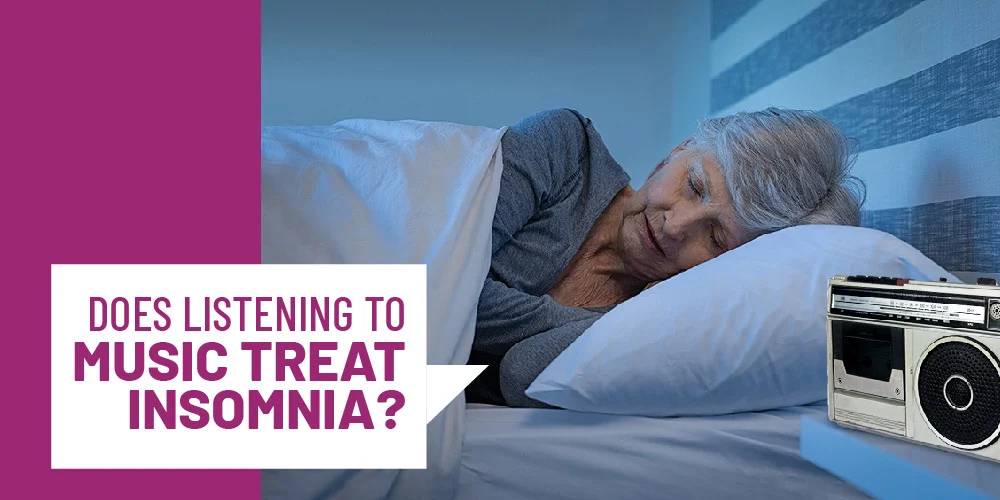Listening to soothing music before bedtime has been proven to slow down heart rate, regulate breathing, and reduce stress hormones, promoting a peaceful sleep.
A good night’s rest is essential for overall well-being, providing a strong foundation for physical, mental, and emotional health. However, an alarming 62 percent of adults worldwide struggle with sleep deprivation, leading to a booming industry in sleep technology and aids. In 2021, the global sleep tech devices market reached USD 15 billion, and it is projected to grow to USD 67 billion by 2030. But fret not; the solution might lie within your own music playlist. Let’s explore what kind of music can actually help you sleep better.
What Type of Music Aids Sleep?
Slowing Down with Gentle Beats
Sleep experts emphasize two crucial factors in identifying music that induces sleep: individual preference and tempo. Your personal music taste plays a significant role in how music affects your sleep. Creating a personalized playlist with songs that have previously helped you relax or doze off can be highly beneficial.
Tempo refers to the music’s speed, often measured in beats per minute (BPM). Some scientists suggest that music with a tempo ranging from 60 to 80 BPM, closely resembling the average heart rate, can synchronize with the body’s rhythms, promoting relaxation and sleep. However, this may not apply to everyone, as sleep preferences are subjective. Surprisingly, some individuals find relaxation through heavy metal or hard rock genres. The key is to find what works best for you and helps you unwind.
Harmonizing with the Brain’s Rhythms
Just like the heart, the brain has its own rhythms, with specific patterns being conducive to sleep. Cognitive neuroscientist and RoundGlass Research Lead, David Vago, PhD, highlights alpha waves, which typically oscillate between eight to 12 hertz, as those found in the brain of someone relaxed or meditating. These frequencies are ideal for a restful slumber.
To find music that activates these alpha frequencies, you don’t necessarily need to measure brain waves. Instead, listen to your body’s cues. Pay attention to your heartbeat, breath, and emotional response while listening to different tunes to identify those that resonate with your natural rhythms and facilitate relaxation.
Using Technology to Improve Sleep
While technology can disrupt sleep, it can also be harnessed to promote better rest. If you must use your handheld devices before bedtime, opt for well-being apps that offer curated sleep playlists and soothing bedtime stories. By incorporating these apps into your sleep hygiene routine, you can enhance relaxation and achieve a more restorative slumber, leading to improved overall well-being and a happier, healthier life.
In conclusion, music can play a personal and powerful role in enhancing sleep quality. Tailor your playlist to suit your preferences and experiment with different tempos to find what aids relaxation and better sleep. With the right tunes and mindful use of technology, achieving a good night’s sleep can be within reach for many.
